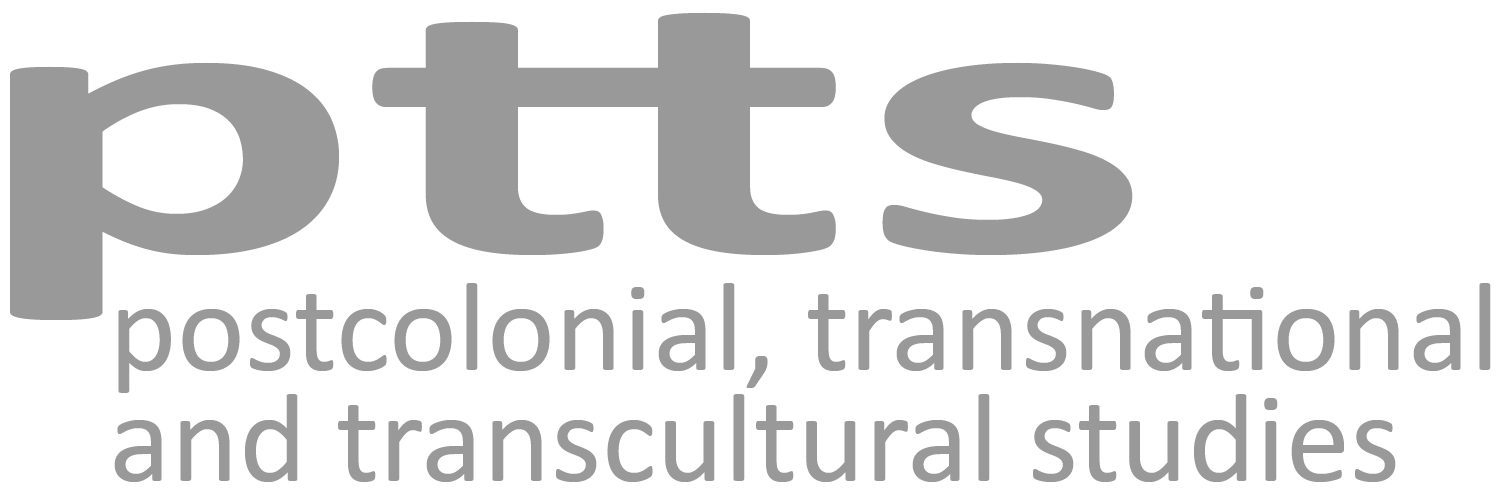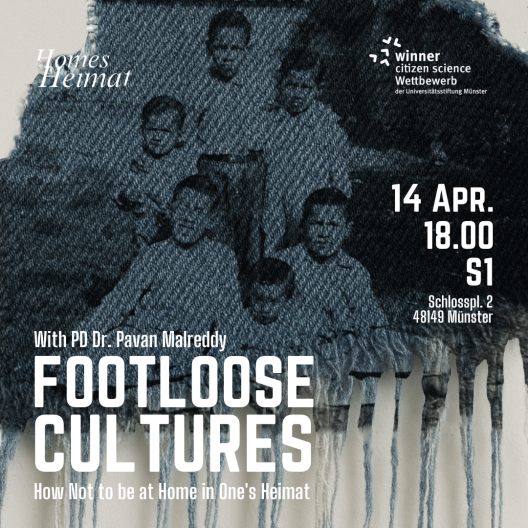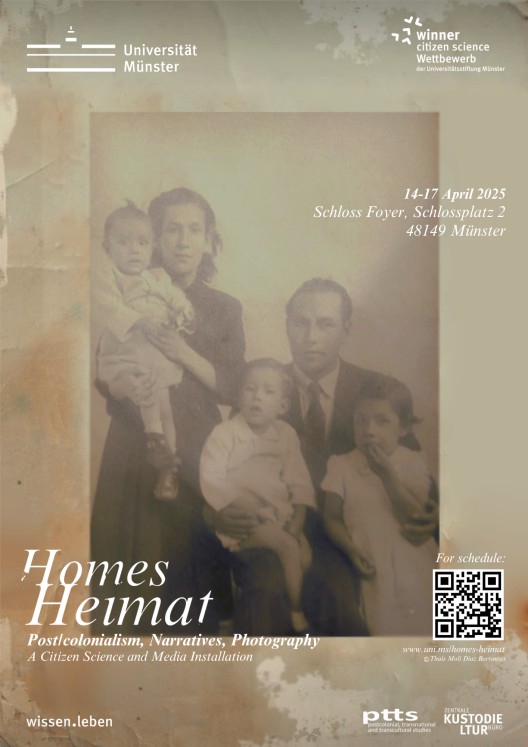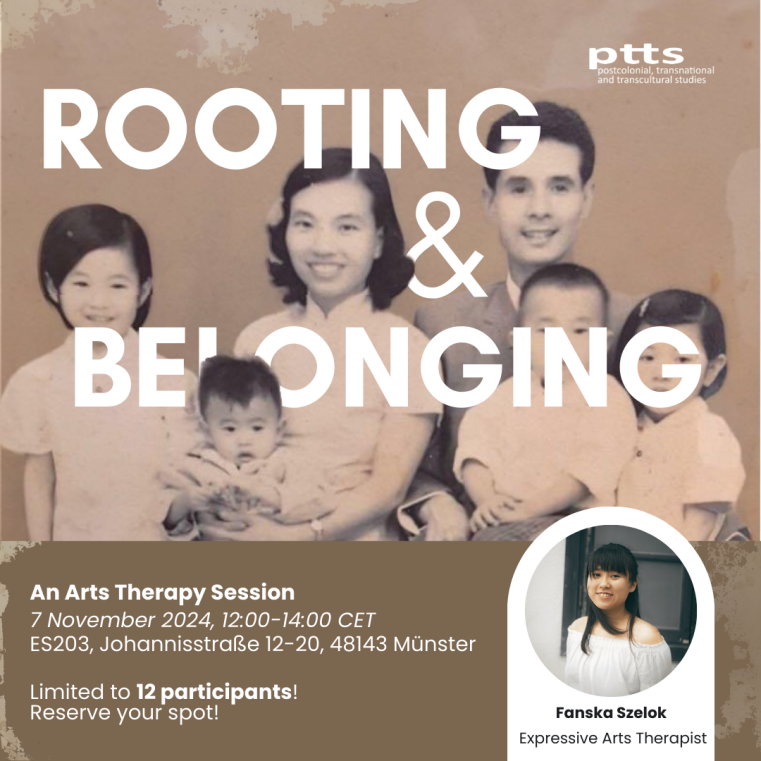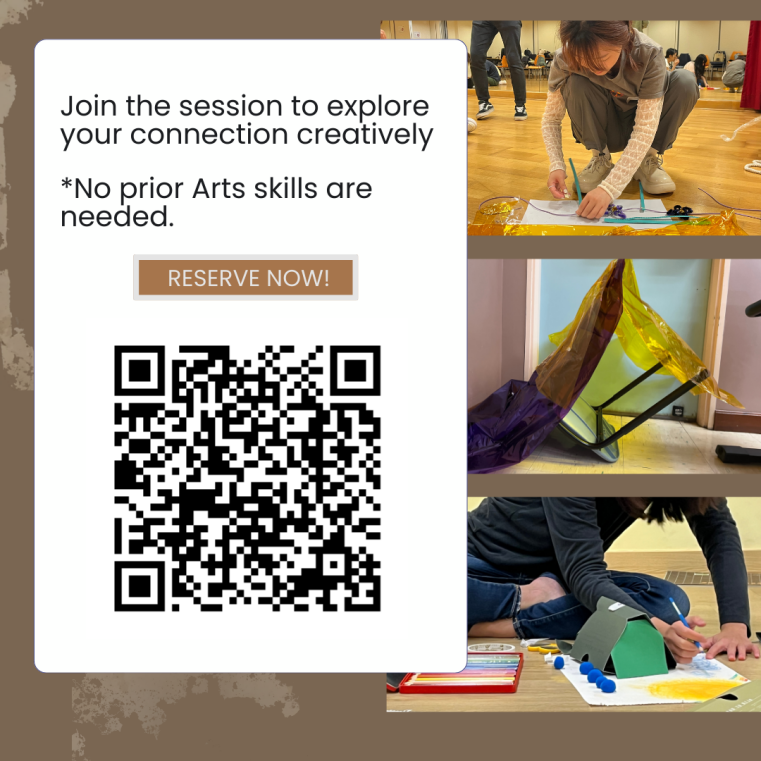Homes | Heimat:
Postcolonialism, Narrative, Photography

The exhibition project “Homes | Heimat” was initiated and significantly shaped by Lead Curator and Principal Investigator Yash Gupta. This cooperation between the Chair of English Studies, English Department, and the Central Curatorial and Cultural Office, University of Münster, embraces a participatory approach with participants taking on the role of co-curators. "Homes | Heimat” is marked by flat hierarchies, in which citizen scientists and participants collaboratively generate and interpret data, take on the project management, and jointly make decisions regarding key components of the project.
The Universitätsstiftung Münster awarded “Homes | Heimat” with the Citizen Science Prize. The project team is grateful for this vital and honorable recognition! It will fund the project for two years, allowing the travelling exhibition to be seen in different locations. You can watch a video of the exhibition here:
The responsibility of the lead curator is to summarize future directions and facilitate dialogue among the co-curators.
"Homes | Heimat” relies on the contributions of multiple co-curators whose responsibilities are shared equally. Members and their roles are listed below; some names have been withheld at the request of individual members:
- Yash Gupta, Lead Curator, Interviewee, and Principal Investigator
- Yahia AlSallaq, Co-Curator, Interviewee, and Assistant Co-Curator
- Thais Diaz Barrantes Moli, Co-Curator and Interviewee
- Maliha Akram Samin, Co-Curator and Interviewee
- Alia El-Wakil, Co-Curator and Interviewee
- Fahima Farkhari, Co-Curator and Interviewee
- Evra J.A., Co-Curator and Interviewee
- Ramatoulaye Jamilah Sow, Co-Curator and Interviewee
- Sundus Ihsan Khan, Co-Curator
- Rushi Jetly, Co-Curator
- Asmîn Karadağ, Co-Curator
- Mira Kawar, Co-Curator
- Verena Meyer, Co-Curator
Academic advisors:
- Prof. Dr. Mark U. Stein, Chair of English Studies, English Department, University of Münster
- Dr. Eckhard Kluth, Head of the Central Curatorial and Cultural Office, University of Münster
- Dr. Felipe Espinoza Garrido, Academic Councillor, Chair of English Studies, English Department, University of Münster


Lead Curator and Chief Investigator
Yash Gupta
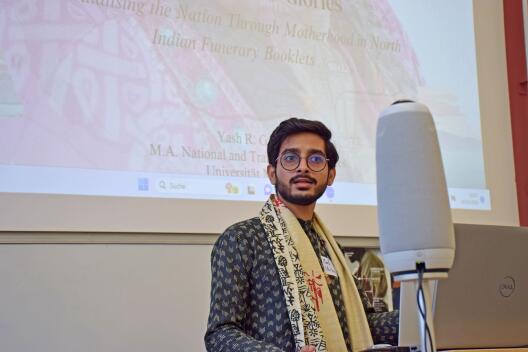
Yash Gupta (He/Him) is a Master’s student specializing in National and Transnational Studies at the University of Münster. He holds a Bachelor’s degree in Literary and Cultural Studies, complemented by a minor in Graphic Design and a diploma in Fine Arts. Yash has garnered experience in curation, archiving, and museology through his work in institutions such as the Indian Memory Project and Chhatrapati Shivaji Maharaj Vastu Sangrahalya.
As a second-generation survivor of the Bhopal Gas Tragedy and an individual with multiple dis/abilities, his research centres rhizomatic kinships and frameworks of recollection, particularly in relation to power dynamics and marginalization. Committed to a social and activist praxis focused on knowledge co-production, Yash’s research, publications, and community initiatives span the disciplines of Critical Disability Studies, Death Studies, Memory Studies, Critical Race Theory, Gender & (A)sexuality Studies, and practice-based Animal & Environmental Welfare. Recently, Yash was awarded the DAAD Prize for International Students for the academic year 2024-2025, recognising his contributions to these vital areas of study and organisation.
Academic Advisors
Prof. Dr. Mark U. Stein
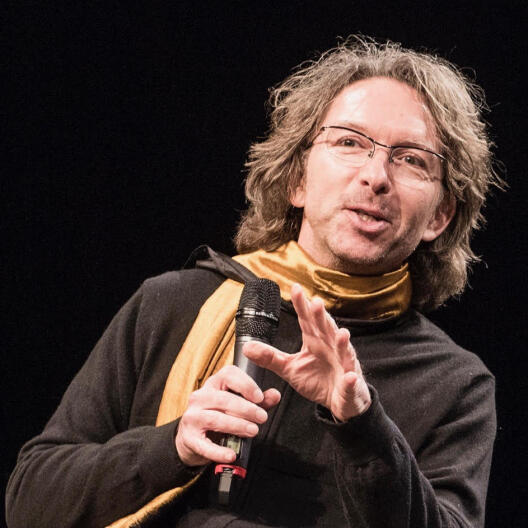
Professor Mark Stein is the Chair of English, Postcolonial and Media Studies at the University of Münster, a position he took up in 2006. He also runs the National and Transnational Studies programme (MA NTS). As a German critic, writer, and academic, he has specialised in Black British and British Asian Writing, Caribbean Literature, Zimbabwean Literature, Critical Theory, Diaspora Studies, and Postcolonial Studies.
Since publishing Black British Literature: Novels of Transformation in 2004, he has focussed primarily on postcolonial and diaspora studies, with a particular interest in porosity, translocation, and processes of cultural transformation in anglophone cultural production. Aiming to historicise and contextualise this first field of inquiry, while also stretching its boundaries, he returns to this area with his latest publication, The Cambridge History of Black and Asian British Writing (CUP 2020, co-ed. with Susheila Nasta: https://tinyurl.com/CaHiBABW).
For more info go to: uni.ms/stein
Dr. Eckhard Kluth
Dr. Eckhard Kluth is an accomplished art historian with a strong background in museum work, having been associated with institutions in Münster and Dresden. He originally focused on early modern art but has since transitioned to a broader role. Currently, he heads the Central Custody of the University of Münster, where he oversees the university's cultural activities and art collection. His responsibilities also include coordinating overarching matters related to the university's scientific collections.
Dr. Felipe Espinoza Garrido
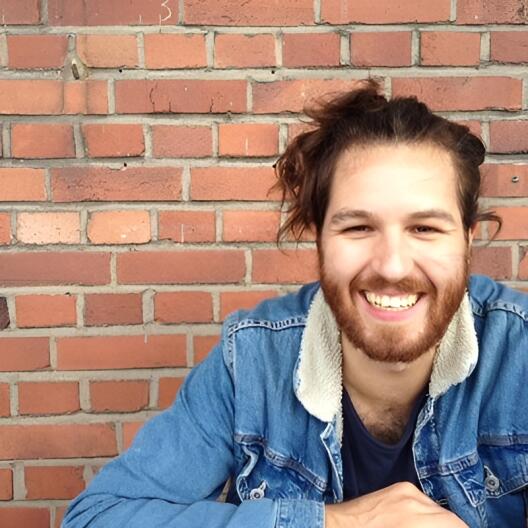
Felipe Espinoza Garrido is Senior Lecturer for English, Postcolonial and Media Studies at the University of Münster, where he received a PhD in literary and film studies. He holds an M.A. in political science and has previously taught media and cultural studies at the University of Dortmund. Specializing in popular culture and postcolonial studies, he publishes on Black British writing and museum culture, Afrofuturism, Victorian and neo-Victorian literatures, as well as transnational film and television. Felipe is currently working on a monograph on post-Thatcherism in British cinema, and one on empire imaginations in popular Victorian women’s writing. He is co-director of the MA National and Transnational Studies.
For a list of publications go to uni.ms/espinoza

